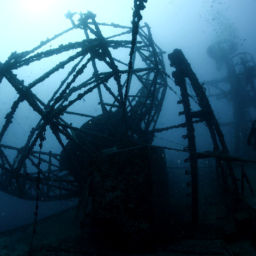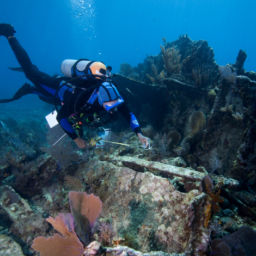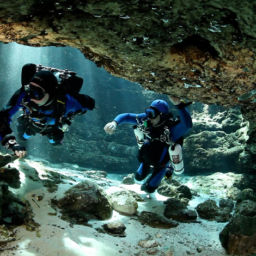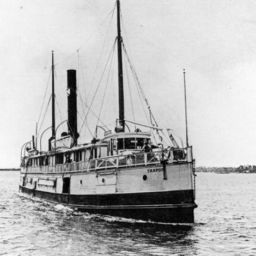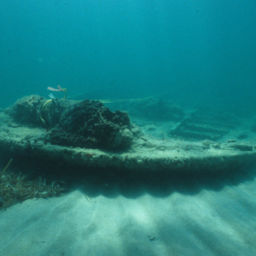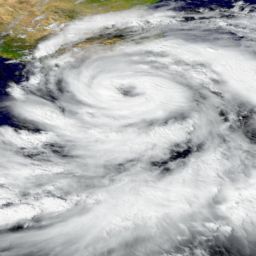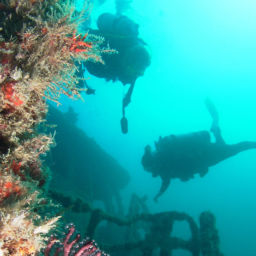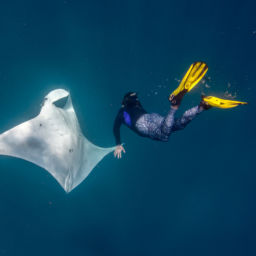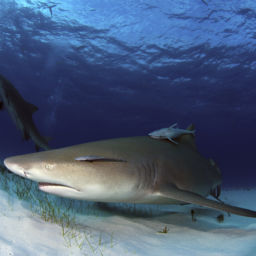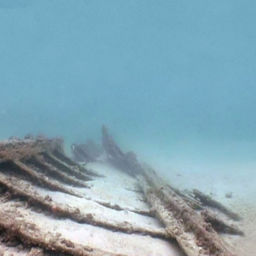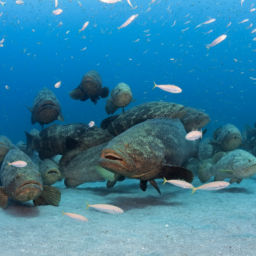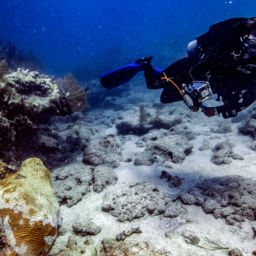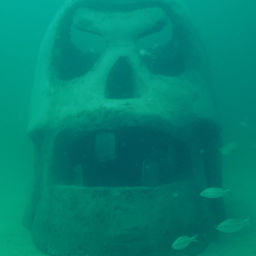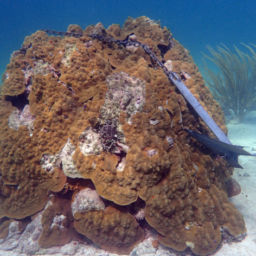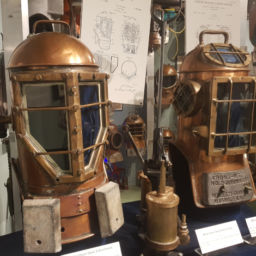One year after Hurricane Irma wreaked havoc across the Florida Keys, local dive-tour operators and other businesses are helping identify and remove lobster traps, fishing gear, construction materials, and other debris from the waters of Florida Keys National Marine Sanctuary. The initiative known as “Goal: Clean Seas Florida Keys” enlists Blue Star dive operators in locating and removing underwater marine debris.
Removing debris
Lost or abandoned fishing gear and other trash entangles and harms corals, sea fans, sponges, sea turtles, manatees, and other marine life. Marine debris also degrades seagrass, hardbottom, coral reef, and mangrove habitats and detracts from the natural beauty of the Florida Keys. So far, Blue Star dive operators have removed nearly 3,000 pounds of marine debris and more than 2,800 feet of line throughout the sanctuary.
“Marine debris poses a serious threat to the structural integrity of the habitats that contribute to the health of the sanctuary,” says Sarah Fangman, sanctuary superintendent. “This coordinated effort with our partners will directly address the threat of marine debris by removing it from sanctuary waters. In addition, the sanctuary will work to identify marine debris hotspots for future cleanup efforts.”
The Blue Star program recognizes dive tour operators who are committed to promoting responsible and sustainable diving, snorkeling, and fishing practices to reduce the impact of these activities on ecosystems in the Florida Keys. The “Goal: Clean Seas Florida Keys” program gives divers additional instruction in proper marine-debris removal and reporting techniques. The dive operators are eligible to apply to the National Marine Sanctuary Foundation for reimbursement for some of their dives.
By guest authors from NOAA
Organizations and agencies participating in the marine debris working group include NOAA Marine Debris Program, National Marine Sanctuary Foundation, Florida Department of Environmental Protection, Florida Fish and Wildlife Conservation Commission, Florida Park Service, Florida Sea Grant, Florida Keys Commercial Fishermen’s Association, Florida Keys Dive Center, History of Diving Museum, MOTE Marine Lab, National Association of Underwater Instructors, NAUI Green Diver Initiative, Project Aware Foundation, Rainbow Reef Dive Center, and REEF Environmental Education Foundation.


